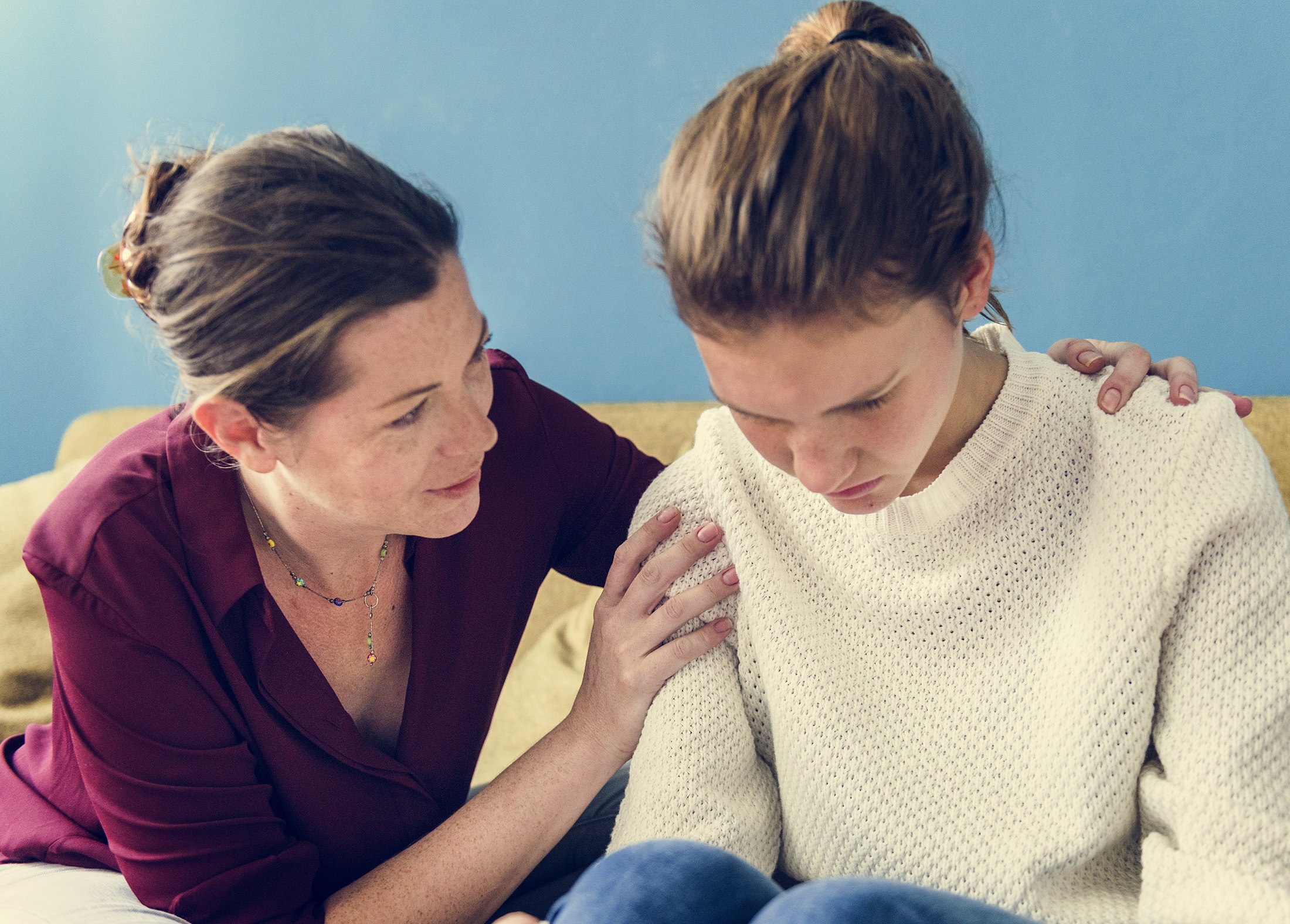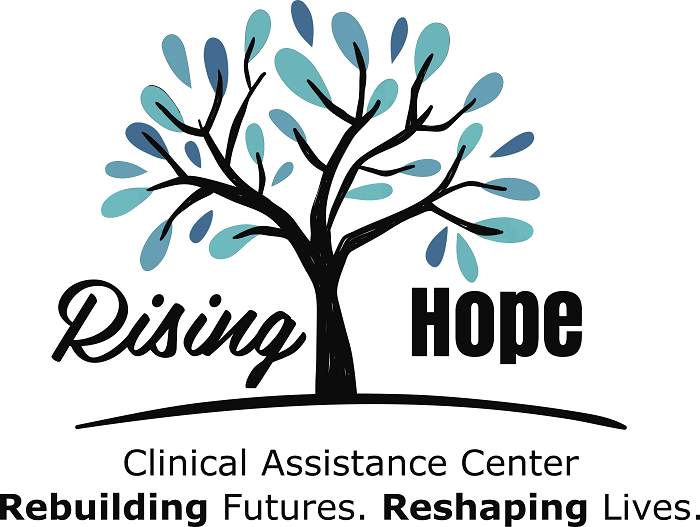

Know the Signs of Teen Dating Violence and Abuse
February is Teen Dating Violence Prevention Month, and we wanted to provide parents with tips on how to recognize dating violence and abuse and how to take action.
About one-third of American teenagers are victims of physical, sexual, emotional, or verbal abuse from a dating partner. Over 1.5 million high schoolers are physically abused by a partner each year.
With such large numbers of American teenagers are subject to abuse by their boyfriends or girlfriends, it can lead to dangerous outcomes for many. Damage not only relates to physical violence but also includes how a person's words can also cause grave harm.
Signs of Teen Dating Violence
There are many signs that your teen could be subjected to violence or abuse from their partner. Females are more likely to be victims than males, but they are not the only victims. Watch out for injuries that appear to be inflicted by others. Common symptoms to look out for include withdrawing from contact and self-isolating, as well as self-harm such as cutting wrists or arms. Some injuries are not very visible, such as being a victim of sexual assault. If your child becomes unusually irritable or only wants to spend time in their bedroom, this should cause alarm. Another sign of being a victim of bullying and abuse is a child getting into disciplinary trouble at school.
Also, look out for changes in how a person dresses and makes themselves look. A sudden shift to certain types or colors of clothing can be a sign of depression. Watch out for changes in eating habits and symptoms of drug use. Lower self-esteem can come from belittling judgments and criticism by partners, such as claiming that a person is unattractive if they don't lose weight or change how they dress.
What should you do as a parent?
First, talk to your child
A first step when you recognize the signs is to speak to your child about it: this can be awkward and uncomfortable. Approach the conversation with sensitivity and compassion and never place blame on them. Don't be surprised if they get defensive and ensure that they know you are safe to talk to and will be non-judgmental. Unless you have been through this and are willing to tell them about your own experience, don't say "I know how you feel" or try to compare their situation to one of yours.
It is very helpful to have a history of positive, frequent communication with your children. If you don't already have a good relationship with your child, the conversation will be much more difficult. Tell your child that you love them and that they are perfect as they are. Some children don't hear their parents say "I love you" often or at all, and that can lead them to seek out "love" from other people and places. Let them know what real love is and that there are ways out of their situation. It is crucial first to be informed on those ways out, some of which are described below.
Talk to others
Making your child's school authorities aware that they are being subjected to abuse should provoke them to intervene. Schools have no-tolerance policies on bullying, whether or not it happens on the school campus, and perpetrators are often expelled. It may help to contact the abuser's parents. Parent-enforced consequences are often effective ways of changing a child's behavior. However, telling your child of this, or them finding out about it on their own may damage your relationship if they feel an attachment to their partner. Abusers often manipulate their boyfriend or girlfriend to think that they will be drastically hurt if their abused partner breaks up with them. Please do not attempt to have or pressure a mediated conversation between your child and the person they are dating: this can go very poorly when one person feels controlled by another.
Stop the relationship
In all periods, but especially in the teen years, breaking up with an abusive partner is often not the end of the relationship. Stalking is an unfortunate and traumatic experience that happens in many abusive relationships, especially after they are ended. Report incidences of stalking to law enforcement immediately. Cutting off access to unhealthy relationships is a crucial way to keep your child safe. While you have limited access to what happens at school, have your child block the person on their phone and all social media sites so the abuser cannot easily communicate with them. Cyberbullying can occur after an abusive relationship is ended, and this can reduce the risk of it happening.
For more information about teen dating violence, how to recognize it, and how to take action, visit the websites of Texas Advocacy Project or the Children's Hospital of Philadephia.


No Comments
Sorry, the comment form is closed at this time.